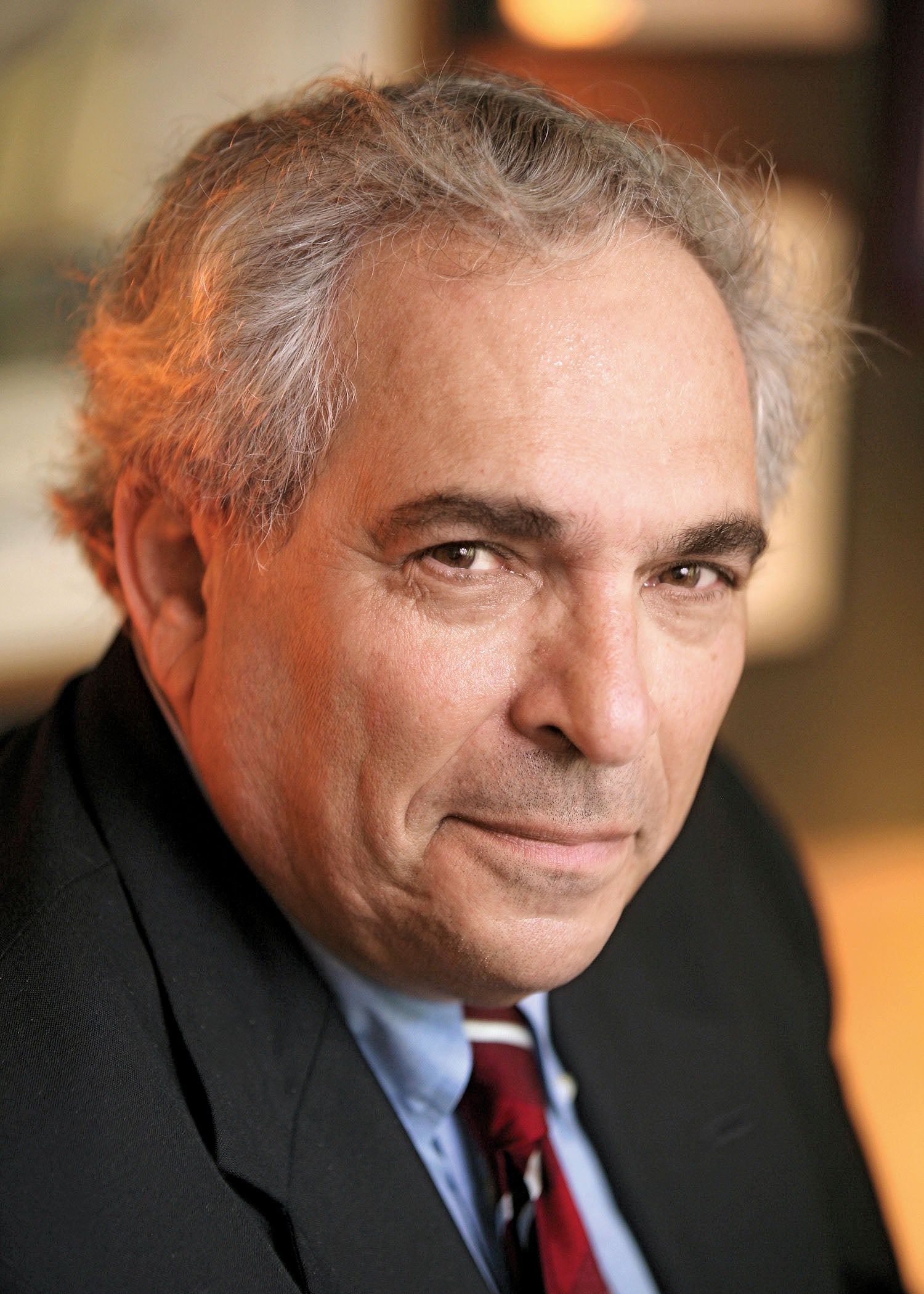The following op-ed “The Fed Can Lead on Financial Supervision” co-written by HLS Professor Hal Scott appeared in the July 24, 2009 edition of the Wall Street Journal. Scott, the director of HLS’s Program on International Financial Systems, co-wrote the op-ed with R. Glenn Hubbard, dean and professor of finance and economics at Columbia Business School, and John Thornton, chairman of the Brookings Institution.
Last month the Obama administration proposed regulatory changes to strengthen the oversight and stability of the financial system. Its proposal would significantly enhance the role of the Federal Reserve—a good thing—but the changes don’t go far enough.
Meanwhile, Congressmen are opposing the proposed changes while attacking the Fed in populist fashion for bailing out “evil” banks and demanding powers that would compromise the Fed’s independence. This is utterly misguided. Fed Chairman Ben Bernanke saved the U.S. financial system from armageddon in 2007-08 until Congress stepped up to the plate with the Troubled Asset Relief Program.
The Fed is the only agency with the expertise to monitor and control future systemic risks to the financial system. But the Obama administration leaves the primary task of making regulatory changes to clearing and settlement systems to the Securities and Exchange Commission (SEC) and the Commodity Futures Trading Commission (CFTC).
Even more important, the proposal is silent on Fed authority over the most important safeguard against systemic risk: the adequacy of capital reserves for various financial institutions. This vital power will remain split between the Fed and other regulators. It should be vested solely in the Fed.
One welcome aspect of the Obama proposal is a new Financial Services Oversight Council—composed of seven members, including the Treasury secretary and the heads of the major regulatory agencies—to monitor threats to financial stability. The administration has correctly resisted calls for this council to have an operational not an advisory role. One cannot have government by committee, particularly in crisis.
The administration also proposes to give the Fed new supervisory authority over systemically important institutions such as financial holding companies whose failure might pose a risk to financial stability. The council will advise the Fed on what institutions might be systemically important, but the Fed, properly, will have the final say. These institutions will be difficult to identify initially and they will change over time—in the case of hedge funds, they may change constantly depending on their trading strategies.
Identifying an institution as systemically important creates a moral hazard, since the market will view this designation as the equivalent of a bailout guarantee. A perceived bailout guarantee will decrease these institutions’ costs of raising capital. On the other hand, operational costs could also increase since the Obama administration proposes to subject systemically important institutions to higher capital, liquidity and regulatory requirements.
Consider how the proposed regulation would affect Citigroup, a bank holding company that is clearly a systemically important institution. Under the Obama proposal the Fed would have exclusive regulatory authority over the holding company, but it would share regulatory authority over Citigroup’s national bank, Citibank, with the Comptroller of the Currency and share authority over its securities and commodities trading subsidiaries with the SEC and CFTC.
For political reasons the administration has decided not to upend the current system. Instead it proposes four federal entities—Financial Services Oversight Council, the Office of National Insurance, the Federal Consumer Coordinating Council, and the Consumer Financial Protection Agency—on top of the current alphabet soup of regulatory agencies. This is a shame. We need fewer, not more, regulators. The Committee on Capital Markets Regulation, a private, nonpartisan organization on which we serve, recommended in its May report that serious consideration should be given to the creation of a unified supervisor, such as a U.S. Financial Services Authority, modeled on the approach of the United Kingdom.
This would enable the Fed to focus on monetary policy and systemic risk regulation. The Fed needs to know the condition of institutions it may be required to lend to, and it needs to have a major say in how such institutions should be supervised. The actual supervision could be done by a consolidated supervisor.
The Fed must above all maintain its political independence in conducting monetary policy. Yet, inspired by the popularity of bashing the bank bailouts and by resentment of the Fed’s institutional independence from political interference, Congress is resisting any increase in the Fed’s power and demanding more oversight of the central bank. This is trouble.
One bad bill is the Federal Reserve Transparency Act of 2009, introduced by Rep. Ron Paul (R., Texas) with 255 co-sponsors. It would permit the Comptroller General of the Congress to audit monetary policy deliberations, including communication between Federal Reserve Board members. While the Fed needs to disclose the substance of its deliberations (as it now does), actual discussions need to be private if they are to be frank and free of political influence. While Congress has the ultimate constitutional power to curtail or even destroy the Fed, the administration should forcefully resist this bill and others like it.
Our financial system has had a complete meltdown and our outmoded regulatory structure is partially responsible. This is the time to redesign the system for the future, not for politics as usual.
